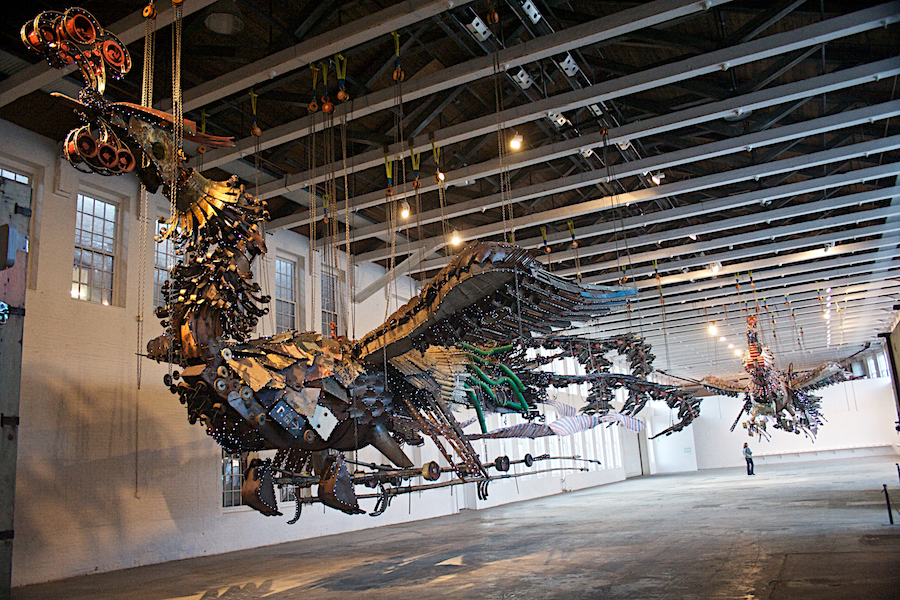In this edition of weekly dispatches, we remember Argentine author Hebe Uhart, celebrate the continuation of Guatemala’s national book fair, and look to China for news of cultural exchange and literary prizes.
Sarah Moses, Editor-At-Large, reporting from Argentina:
Argentine author Hebe Uhart passed away on October 11 at the age of eighty-one. Uhart was the author of numerous collections of travel essays, stories, and novellas, and in recent years dedicated herself exclusively to the former, visiting towns in Argentina as well as countries in Latin America and further abroad to document what she saw. Her most recent work was a collection of non-fiction pieces about animals, which included her own sketches.
Uhart was born in the town of Moreno and moved to the capital to study philosophy at the University of Buenos Aires, where she later taught. For many years, she also led writing workshops out of her home. She was recognized as one of the greats among both readers and colleagues, and authors such as Mariana Enríquez and Inés Acevedo have written about her work. In 2017, she was awarded the prestigious Premio Iberoamericano de Narrativa Manuel Rojas.



